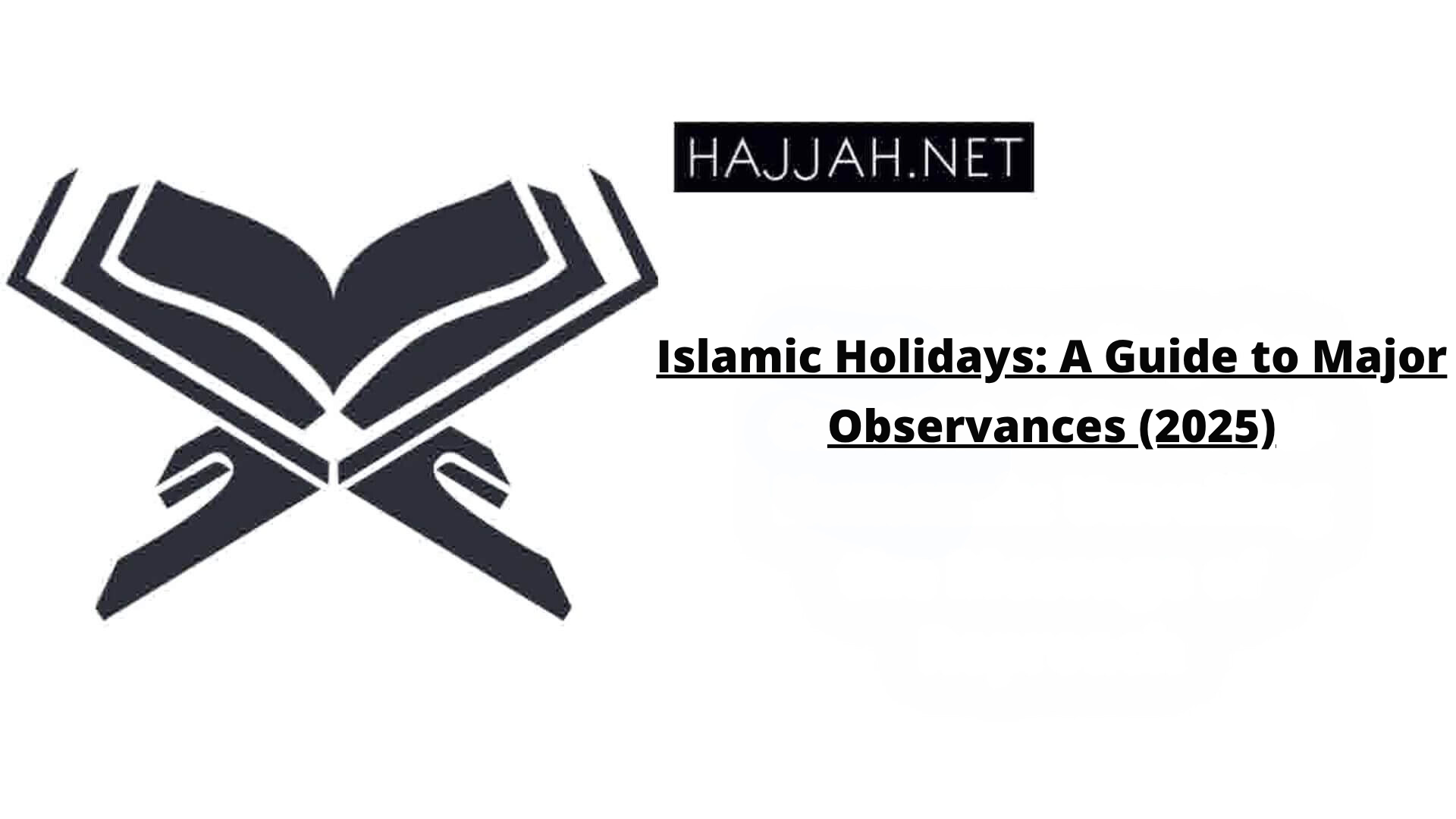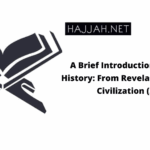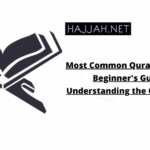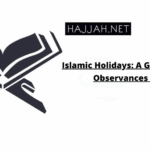Islamic holidays are significant events celebrated by more than a billion Muslims worldwide, including the large vibrant community in Indonesia. These sacred times are based on the Islamic lunar calendar (Hijri calendar), which is about 11 days shorter than the Gregorian calendar, causing the dates to shift earlier each year. These occasions are not just days off from work; they are deeply spiritual times for worship, reflection, community, and celebration.
This guide explores the most important Islamic holidays, their profound significance, common practices, and how they are uniquely celebrated, with a special focus on the rich traditions found in Indonesia.
Important Note on Dates: The dates provided are estimates for 2025 based on astronomical calculations. The actual start of Islamic months, and therefore the holidays, depends on the official sighting of the new moon (hilal), which may cause dates to vary by a day.
Also Read
Ramadan: The Holy Month of Fasting
Estimated 2025 Dates: Approximately February 28 to March 29, 2025.
Ramadan is the ninth and most sacred month of the Islamic calendar. It commemorates the month in which the first verses of the Holy Quran were revealed to Prophet Muhammad (peace and blessings be upon him). It is a time of intense spiritual devotion, self-discipline, and compassion.
- Significance: A period for spiritual purification, getting closer to Allah, and developing empathy for the less fortunate.
- Key Practices:
- Fasting (Sawm): Able-bodied adult Muslims abstain from all food, drink, and other physical needs from dawn (Fajr) until sunset (Maghrib).
- Increased Prayer: Muslims engage in extra prayers, especially the nightly Tarawih prayers performed in congregation at mosques.
- Quran Recitation: Deep engagement with reading, reciting, and understanding the Quran is central to the month.
- Charity (Zakat & Sadaqah): Giving to the poor and needy is highly emphasized.
- Lailatul Qadr (“The Night of Decree”): An exceptionally blessed night in the last ten days of Ramadan, believed to be when the Quran was first sent down. Worship on this single night is considered better than a thousand months.
- In Indonesia: Ramadan is a festive month.
- Ngabuburit: The tradition of spending the late afternoon before sunset looking for food and drinks for breaking the fast.
- Takjil: The sharing of sweet snacks and drinks to break the fast, often available in bustling street markets.
- Bukber (Buka Bersama): Communal fast-breaking gatherings with family, friends, and colleagues are very common.
Eid al-Fitr: The Festival of Breaking the Fast
Estimated 2025 Date: Approximately March 30 or 31, 2025.
Known in Indonesia as Hari Raya Idul Fitri or, more popularly, Lebaran, this is one of the two major Islamic holidays. It marks the joyous culmination of the month-long fast of Ramadan.
- Significance: A celebration of gratitude to Allah for the strength given during Ramadan, a time for forgiveness, and communal joy.
- Key Practices:
- Eid Prayer (Salat al-Eid): A special congregational prayer performed in the morning at mosques or large open fields.
- Zakat al-Fitr: An obligatory charity given by the head of the household on behalf of each family member before the Eid prayer, to ensure the poor can also celebrate.
- Festivities: Wearing new clothes, visiting family and friends, and sharing festive meals.
- Unique Indonesian Traditions:
- Mudik (Homecoming): A massive annual exodus where millions of people travel from cities like Jakarta back to their hometowns and villages to celebrate with their extended families.
- Halal Bihalal: A special gathering, often held in the weeks following Eid, where people formally seek forgiveness from one another for any wrongdoings over the past year. The phrase “Mohon Maaf Lahir dan Batin” (“I seek forgiveness for any physical and emotional wrongdoings”) is widely exchanged.
- Ketupat: Diamond-shaped woven palm leaf pouches filled with cooked rice, which are a quintessential Lebaran food, often served with dishes like opor ayam (chicken in coconut milk stew).
- THR (Tunjangan Hari Raya): A mandatory holiday bonus given by employers to employees before the holiday.
- Takbiran: Chanting praises to Allah (“Allahu Akbar…”) on the eve of Eid, often accompanied by parades and the beating of traditional drums (bedug).
Eid al-Adha: The Festival of Sacrifice
Estimated 2025 Date: Approximately June 6 or 7, 2025.
Known as Hari Raya Idul Adha or Lebaran Haji in Indonesia, this is the second major Islamic holiday. It commemorates the willingness of Prophet Ibrahim (Abraham) to sacrifice his son, Ismail, as an act of complete obedience to Allah’s command, and Allah’s subsequent provision of a ram to be sacrificed instead. It also coincides with the culmination of the annual Hajj pilgrimage in Makkah.
- Significance: Honors the themes of sacrifice, obedience, faith, and compassion for the poor.
- Key Practices:
- Eid Prayer (Salat al-Eid): Similar to Eid al-Fitr, a special congregational prayer is held in the morning.
- Sacrifice (Qurban/Udhiyah): Muslims who can afford it sacrifice a permissible animal (like a sheep, goat, cow, or camel). The meat is then divided into three parts: for one’s own family, for relatives and friends, and, importantly, for the poor and needy.
- In Indonesia: The spirit of qurban is strong. Mosques and community organizations become centers for the slaughter and distribution of sacrificial meat, ensuring that even the less fortunate can enjoy a festive meal.
Other Important Islamic Dates
- Islamic New Year (Awal Muharram):
- Estimated 2025 Date: Approximately June 26, 2025 (marks the beginning of 1447 Hijri).
- Significance: Commemorates the Hijrah (migration) of Prophet Muhammad (PBUH) from Makkah to Madinah in 622 CE, an event that was pivotal for the establishment of the first Muslim community. It’s generally observed as a time for quiet reflection rather than loud celebration.
- Isra’ Mi’raj:
- Estimated 2025 Date: Approximately January 27, 2025.
- Significance: Commemorates the Prophet Muhammad’s (PBUH) miraculous Night Journey (Isra) from Makkah to Jerusalem and his Ascension (Mi’raj) to the heavens, during which the commandment for the five daily prayers was given. In Indonesia, it is a national holiday often marked by special prayers, lectures in mosques, and storytelling for children about the Prophet’s journey.
- Mawlid al-Nabi (The Prophet’s Birthday):
- Estimated 2025 Date: Approximately September 4, 2025.
- Significance: Commemorates the birth of Prophet Muhammad (PBUH). In Indonesia, it’s a national holiday celebrated with public processions, religious gatherings, recitation of praises for the Prophet (Salawat), and acts of charity.
Conclusion
Islamic holidays are deeply significant, marking key events in Islamic history and providing structured opportunities for spiritual growth, worship, and community bonding. From the month-long devotion of Ramadan to the joyous celebrations of Eid al-Fitr and the spirit of sacrifice during Eid al-Adha, these sacred times punctuate the year for Muslims worldwide. In places like Indonesia, these observances are beautifully interwoven with rich cultural traditions like mudik and halal bihalal, making them unique and vibrant expressions of faith and community.








